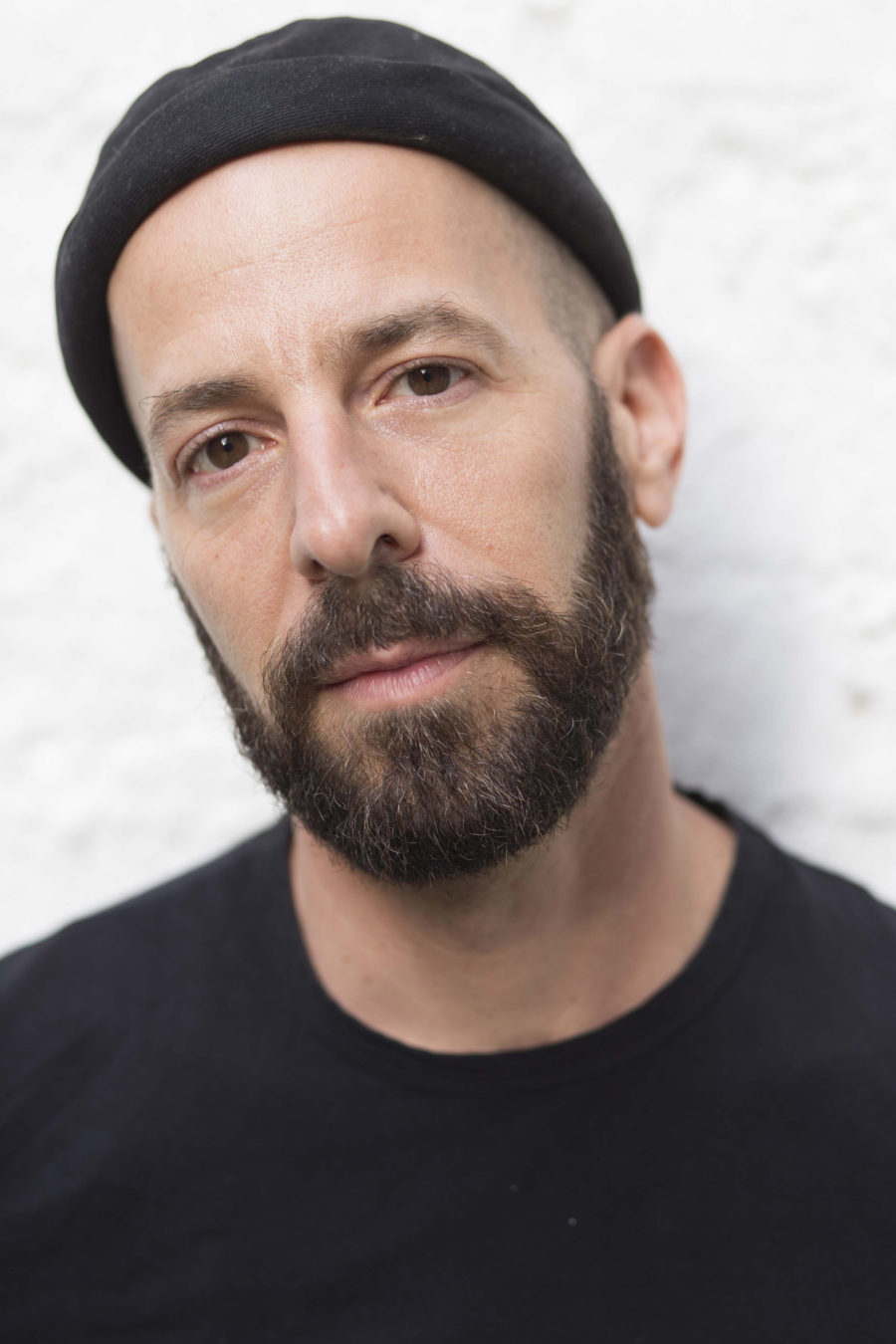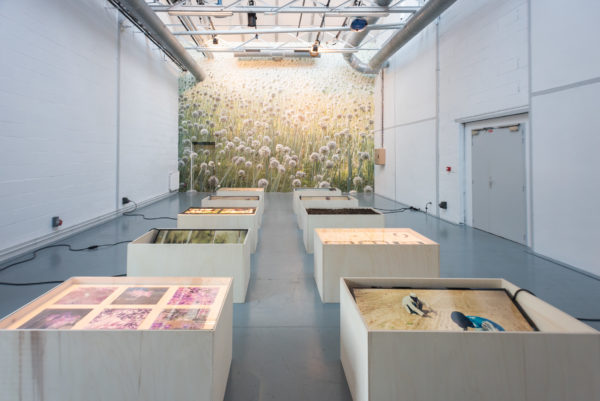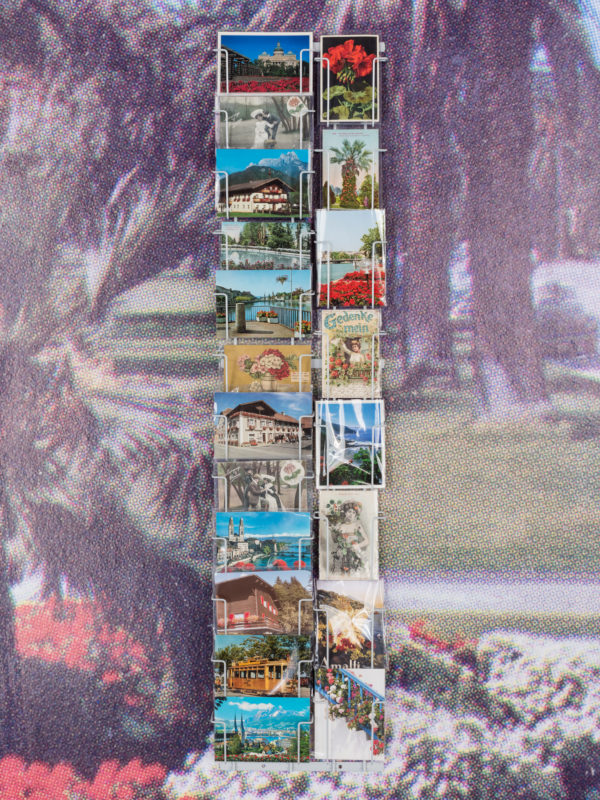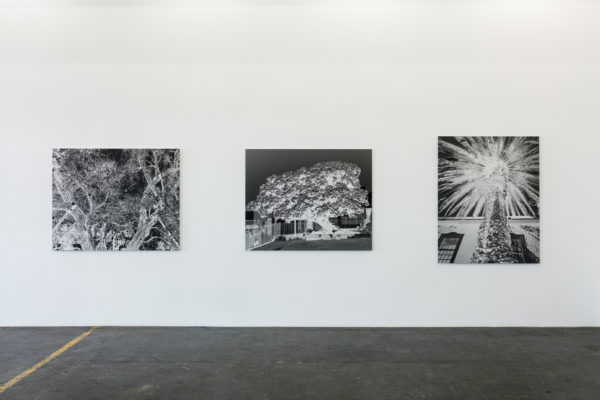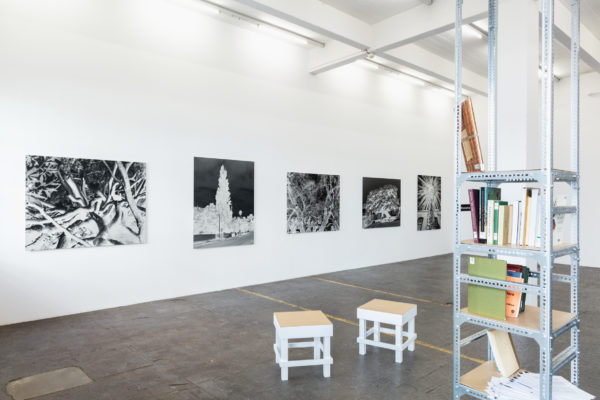Learning from Plants (Artemisia Afra)
Uriel Orlow (Switzerland)
2019
In the year 2019, Uriel Orlow has developed a new multidisciplinary and participatory work for the Biennale de Lubumbashi which continues its research on the botanical world as a scene of politics and history. The artist worked with a cooperative of about fifty women in Lumata, south of Lubumbashi, who cultivate Artemisia afra, a native medicinal plant treating and effectively preventing malaria, which can be absorbed into herbal tea and whose product finances a mutual health insurance for themselves and their families. Despite studies showing its effectiveness, the simplicity of its administration and the sustainability of its local production, Artemisia afra is not not recommended as treatment by the World Health Organization which seems to favor the pharmaceutical industry.
With the help of these women, Uriel Orlow has created a small garden with plants of Artemisia afra at Picha in Lubumbashi, in order to make this natural medicine more visible and popular in a spirit of collaborative economy and sharing. An educational fresco by Lubumbashi artist Musasa on one of the walls of the garden completes and enters into dialogue with the latter. A video showing the culture of Artemisa afra in a field near Lumata, a series of portraits of the women of the mutual, and another video presenting a song composed by the Young Stars Star Orchestra which tells the story of Artemisia, complete the device. Through the latter, Uriel Orlow invites a reflection on the history of malaria linked to extractivism and a paradigm shift in the balance of power that man has with the land and its natural resources.
Uriel Orlow lives and works between London and Lisbon. He studied at Central Saint Martins College of Art & Design London, the Slade School of Art, University College London and the University of Geneva, completing a PhD in Fine Art in 2002. In 2017 he was awarded the Sharjah Biennial prize. He also received the annual art-award of the City of Zurich in 2015 and three Swiss Art Awards at Art Basel and was shortlisted for the Jarman award in 2013. His practice is research-based, process-oriented and multi-disciplinary including film, photography, drawing and sound. He is known for single screen film works, lecture performances and modular, multi-media installations that focus on specific locations and micro-histories and bring different image-regimes and narrative modes into correspondence. His work is concerned with spatial manifestations of memory, blind spots of representation and forms of haunting.
Orlow’s work is presented widely in museums, film festivals and international survey shows including Manifesta 12, Palermo (2018), 2nd Yinchuan Biennial (2018), 13th Sharjah Biennial 13 (2017), 7th Moscow Biennial (2017), EVA International, Limerick (2016), 2nd Aichi Triennale, Nagoya (2013), Bergen Assembly (2013), Manifesta 9 (2012), 54th Venice Biennale (2011). Recent solo exhibitions include Les Laboratoires d’Aubervilliers, Paris (2018); Market Photo Workshop & Pool, Johannesburg (2018); Kunsthalle St Gallen (2018); PAV – Parco Arte Vivente (2017); Parc Saint Léger (2017), The Showroom, London (2016); Castello di Rivoli, Turin (2015); John Hansard Gallery, Southampton (2015); Depo, Istanbul (2015), Spike Island (2013). His work has also been shown in museums, galleries internationally including in London at Tate Modern, Tate Britain, Whitechapel Gallery, ICA and Gasworks; in Paris at Palais de Tokyo, Fondation Ricard, Maison Populaire, Bétonsalon; in Zurich at Kunsthaus, Les Complices, Helmhaus and Shedhalle; in Geneva at Centre d’Art Contemporain and Centre de la Photographie; as well as in Berlin, Ramallah, Marseille, Cairo, Alexandria, Istanbul, Mexico City, Dublin, San Sebastian, New York, Chicago, Toronto, Vancouver and elsewhere.
Orlow’s films have been screened at Oberhausen Short Film Festival; Locarno Film Festival; Videoex, Zurich; Centre Pompidou, Paris; BFI, London; Kino der Kunst, Munich; Visions du Réel, Nyon; Biennale of the Moving Image, Geneva and others.
Orlow’s writing has been published in MIRAJ (Moving Image Review and Art Journal), the Journal of Visual Culture and the Whitechapel Documents of Contemporary Art series amongst others. In 2018 Sternberg Press published the major monograph Theatrum Botanicum and in 2019 Shelter Press published the monograph Soil Affinities.
Orlow has taught at art colleges internationally including Goldsmiths, London; Central Saint Martins, London; HEAD – University of the Arts Geneva. He is visiting professor at the Royal College of Art London and is currently Reader (associate professor and senior researcher) at University of Westminster, London and lecturer at ZHdK, the University of the Arts, Zurich.
Uriel Orlow’s participation in the biennale is funded by Pro Helvetia.
